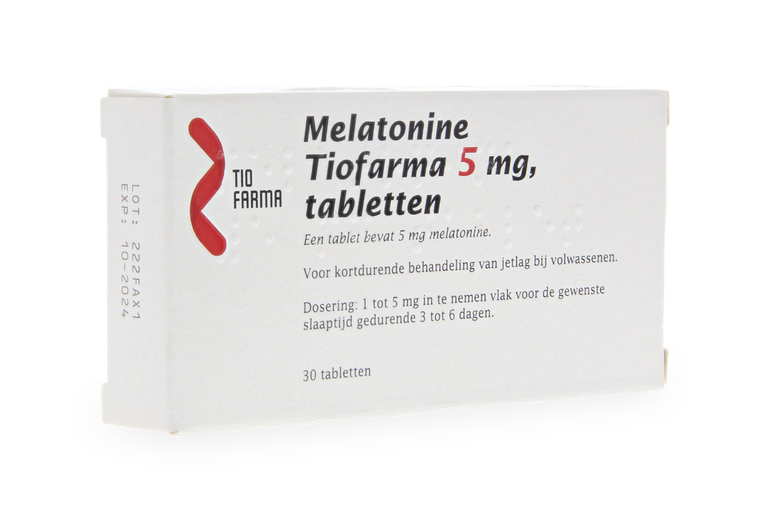Sleeping problems can be incredibly restrictive, impacting daily life in significant ways. While everyone can cope with the occasional bad night's sleep, chronic sleep disturbances often lead to issues such as poor concentration, fatigue, irritability, and even dangerous situations like falling asleep at the wheel. Fortunately, there are many resources and treatments available, including specialized sleep centers.
A healthy adult typically needs between seven and nine hours of sleep each night. Occasionally sleeping less isn’t a major concern, but if it happens regularly and starts to interfere with daily functioning, it becomes a sleep problem.
During sleep, the body goes through a cycle of four stages several times each night. These stages include:
- Stage 1: A transition phase where the body starts to relax. Muscles loosen, temperature drops, heart rate slows, and eye movement stops.
- Stage 2: Light sleep, during which you can still be awakened by minor disturbances.
- Stage 3: Deep sleep, where the heart rate and muscle activity are significantly reduced. This stage is crucial for physical and mental restoration.
- REM (Rapid Eye Movement) sleep: Characterized by vivid dreaming and high brain activity similar to being awake. This stage is essential for cognitive functions and emotional processing.
These stages repeat multiple times throughout the night, and balanced distribution across the cycles is important for quality sleep.


